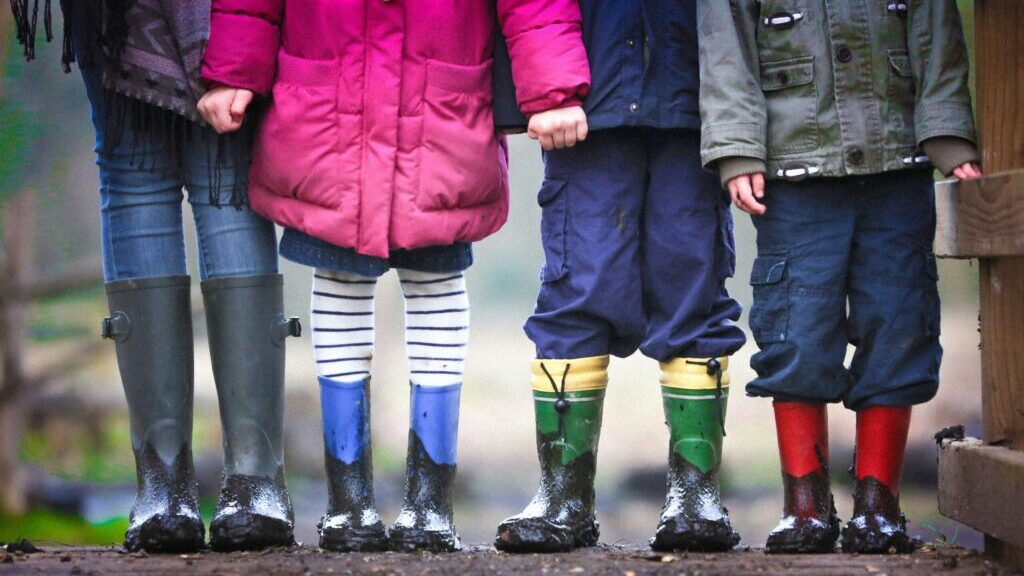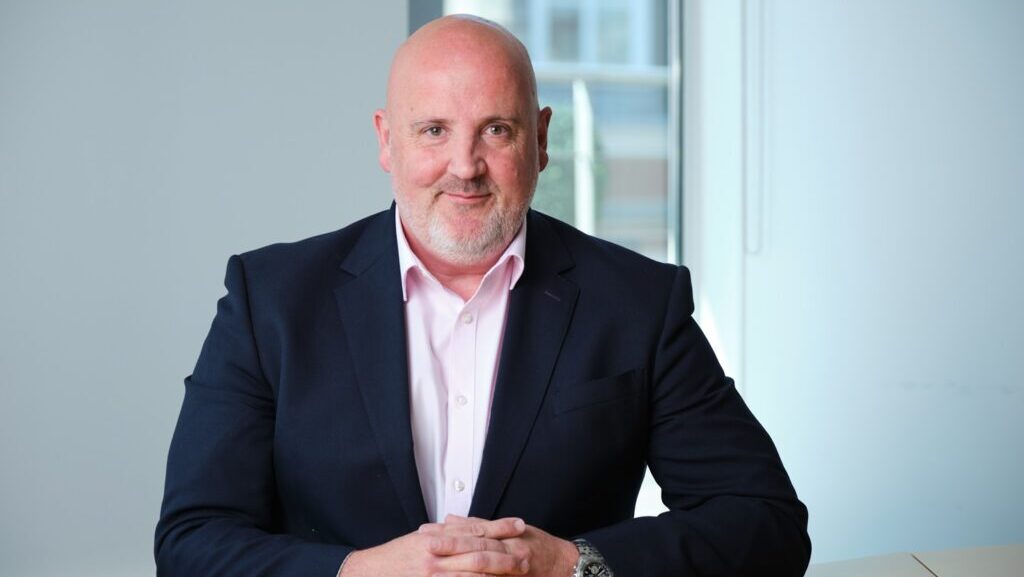Parents of children with special educational needs and disabilities (SEND) report a significant increase in difficulty when it comes to…
Half of teachers say children less ready for school than in 2023
Almost half of teachers say children are less ready for school than they were a year ago, highlighting the scale of the challenge in meeting the Prime Minister’s target of 75% of children being “school ready” by 2028.
A report from charity Kindred Squared found 49% of teachers say the school readiness problem is worse than in September 2023. In the 2024 Reception cohort, teachers report over a third (36%) of children struggle to play / share with other children, 34% don’t know how to listen or respond to simple instruction, and a quarter (25%) are not toilet trained.
Prime Minister Keir Starmer committed to increasing the proportion of five-year-olds reaching a good level of development to 75% by 2028 as one of six “key milestones” set out in a “plan for change” speech.
Kindred Squared surveyed more than 1,000 teachers and 1,000 parents of Reception children. While 90% of parents thought their child was ready for school in September 2024, teachers said that one in three children were not school ready. Less than half (44%) of parents said children should “know how to use books” before starting Reception while 76% said a child should be toilet trained.
Almost half (49%) parents and 45% of teachers said children are not ready because parents don’t think it’s their job to get children ready for Reception. Just under half (48%) of parents thought it was completely their responsibility to ensure their children are toilet trained.
More than half (54%) of teachers and 43% parents said children spending too much time on electronic devices was a factor in children not being school ready, while 54% of teachers and 49% of parents said parents spending more time on electronic devices than with children was a factor.
Teachers reported a significant difference between the school readiness of boys and girls. More than half (54%) of teachers said that boys are less ready for Reception than girls, compared to just 3% who said girls are less school ready than boys.
Neil Leitch, chief executive of the Early Years Alliance, said the findings were concerning but not surprising.
“All children deserve the best possible start in life, and ensuring children are supported to make that all-important transition to school – while also recognising that it is the responsibility of schools to be ‘ready’ for children, rather than the other way around – is a vital part of this,” he said.
“But if we are going to have any hope of reversing the trends highlighted in this report, we need a cohesive system of early years support in this country: one that ensures nurseries, pre-schools and childminders have the resources and funding they need to deliver quality care and education, and invests in comprehensive, joined-up systems of family services to ensure the parents are adequately supported during their child’s earliest years.”
“As such, while we welcome the government’s commitment to putting the early years at their heart of policy, as so clearly demonstrated by this report, this positive rhetoric simply must be followed by tangible action if we are ensure that all children get the early support they need and deserve.”
Latest News
Tops Day Nurseries has refreshed its identity with a full brand makeover, including a modernised logo.
Specialist business property adviser Christie & Co has seen a 62.5% increase in day nursery deals in the first half…




